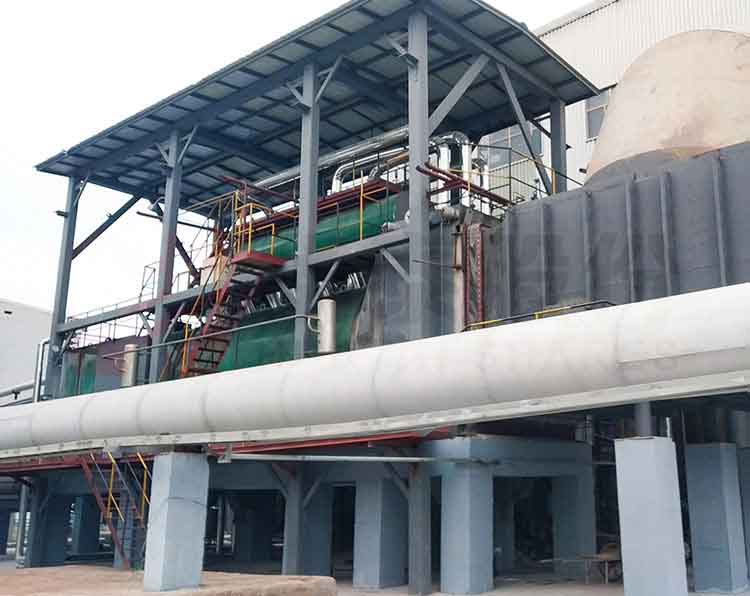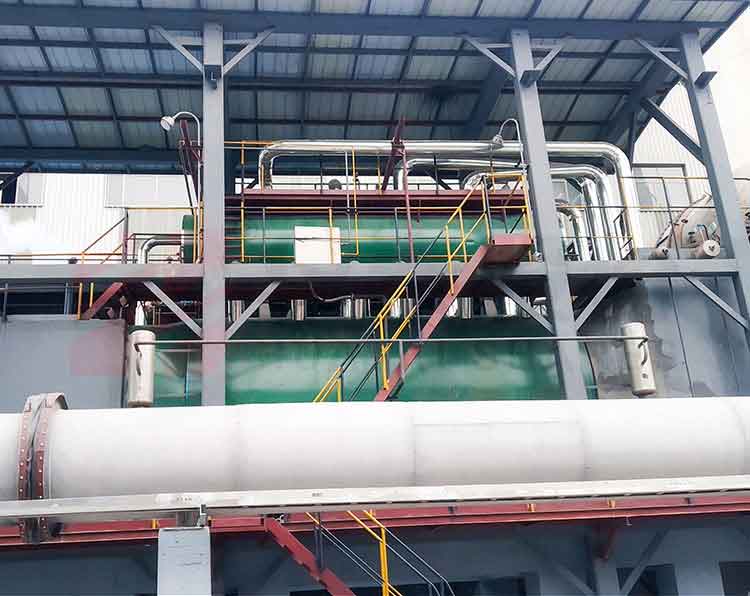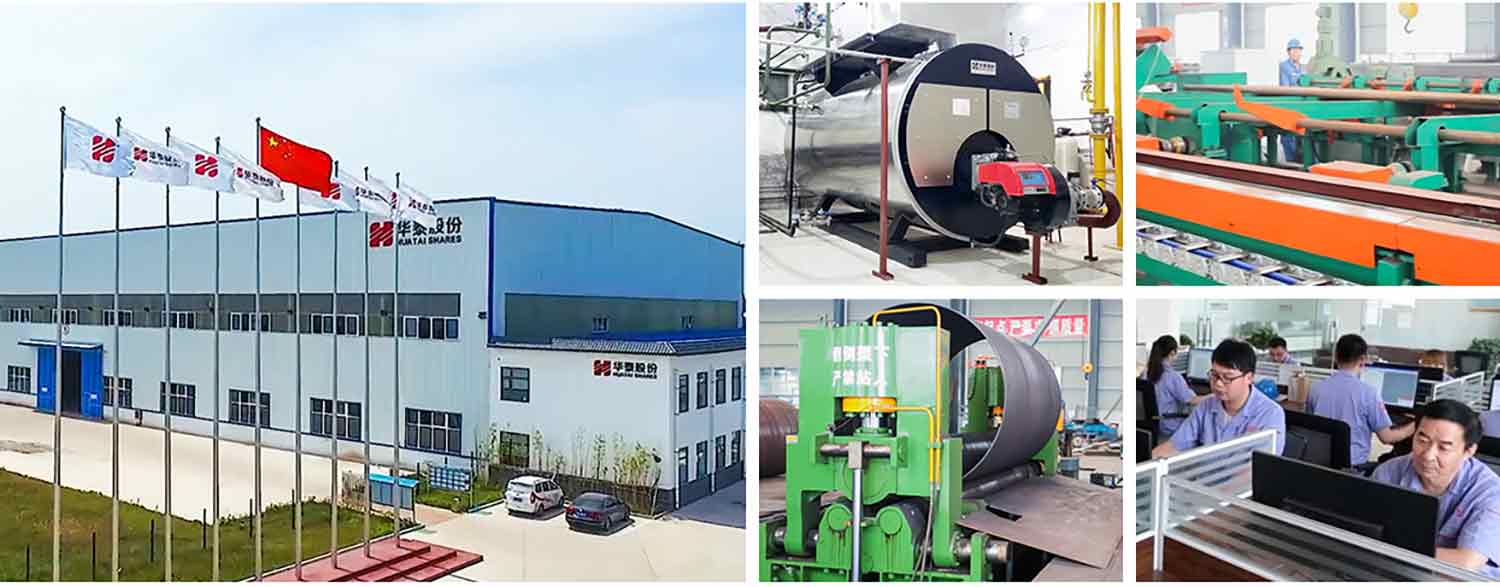


Evaporation capacity: 1-180 t/h
Steam pressure: 1.25-4.75Mpa
Application: waste heat power generation, central heating, chemical industry, building materials, metallurgy and other industries
Applicable fuels: iron and steel smelting, new carbon calcination, hazardous waste, medical waste incineration, chemical fertilizer, chemical industry (especially methanol, ethanol, methanol, synthetic ammonia) industry waste gas, liquid waste, solid waste mixed combustion, coking plant, waste heat thermal oil furnace, glass melting kiln waste gas waste heat, etc.



A waste heat boiler is a type of boiler that recovers heat from hot streams of waste gases from industrial processes, combustion exhaust, or other sources, and uses this recovered heat to generate steam or hot water. This not only improves energy efficiency but also reduces the overall energy consumption and environmental impact of industrial operations.

